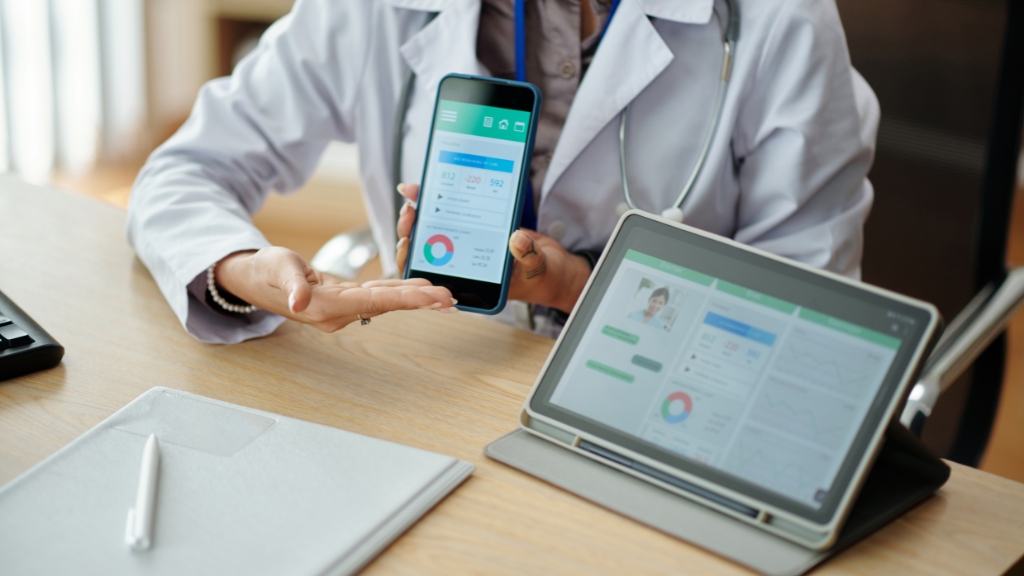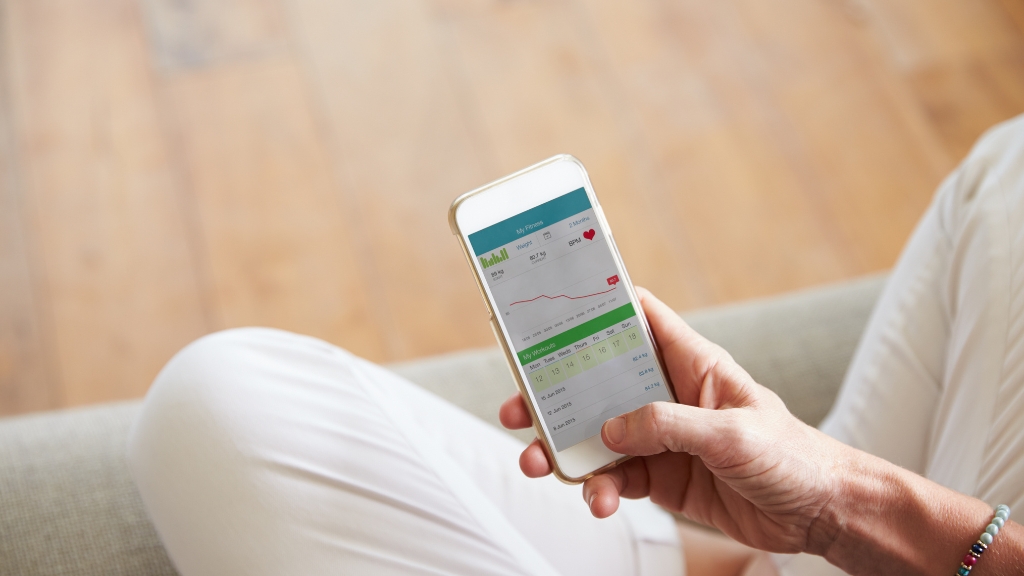
The Mobile Health Revolution: Embracing Healthcare Apps
In recent years, the mobile health (mHealth) revolution has transformed the healthcare landscape, offering patients and providers a new way to manage health and wellness. The proliferation of healthcare apps has empowered individuals to take charge of their well-being, streamline medical care, and improve health outcomes.
The Rise of Healthcare Apps
The advent of smartphones and wearable technology has led to an explosion of healthcare apps designed to cater to a wide range of needs. From tracking fitness and nutrition to managing chronic conditions and accessing telemedicine, these apps offer unparalleled convenience and personalization.
Enhancing Patient Engagement
One of the most significant benefits of healthcare apps is their ability to engage patients actively in their own care. Apps that provide educational resources, medication reminders, and symptom trackers help individuals stay informed and adhere to their treatment plans. For example, apps like MyFitnessPal and Headspace empower users to monitor their diet and mental health, respectively, fostering healthier habits.
Improving Access to Care
Healthcare apps have also bridged gaps in access to care, particularly in underserved or remote areas. Telemedicine apps such as Teladoc and Amwell allow patients to consult with healthcare professionals from the comfort of their homes, reducing the need for travel and minimizing wait times. This accessibility can lead to earlier diagnosis and treatment, ultimately improving health outcomes.
Data Security and Privacy
As with any digital health solution, data security and privacy are paramount. Users must be vigilant about the apps they choose, ensuring they are from reputable sources and comply with data protection regulations. Healthcare apps must implement robust security measures to safeguard sensitive health information and build trust with users.
The Future of Healthcare Apps
Looking ahead, the integration of artificial intelligence (AI) and machine learning into healthcare apps promises even more advanced features. AI can enhance diagnostic accuracy, provide personalized health insights, and predict potential health issues before they arise. Additionally, the rise of wearable devices that continuously monitor vital signs will further enrich the data available to both users and healthcare providers.
Conclusion
The mobile health revolution is redefining how we approach healthcare, making it more accessible, personalized, and engaging. As technology continues to evolve, healthcare apps will play an increasingly vital role in managing health and wellness. By embracing these innovations, individuals and healthcare systems alike can benefit from improved care and healthier outcomes.
Leave a Reply
- AI in Diagnostics: Revolutionizing Early Detection and Accuracy
- How AI and Advanced Analytics Are Transforming Healthcare Outcomes
- Investing with Confidence: The Role of ROI Calculators
- How ROI Calculators Drive Data-Driven Business Strategies
- The Ultimate Guide to ROI Calculators for Business Success
- Making Sense of ROI Calculators: A Comprehensive Guide
- June 2025 (1)
- May 2025 (1)
- October 2024 (2)
- September 2024 (31)
- August 2024 (31)
- July 2024 (27)
- June 2024 (28)
- May 2024 (30)
- April 2024 (33)
- March 2024 (23)
- February 2024 (29)
- January 2024 (3)
- December 2023 (47)
- November 2023 (36)
- October 2023 (23)
- September 2023 (2)
- June 2023 (2)
- May 2023 (13)
- April 2023 (1)




